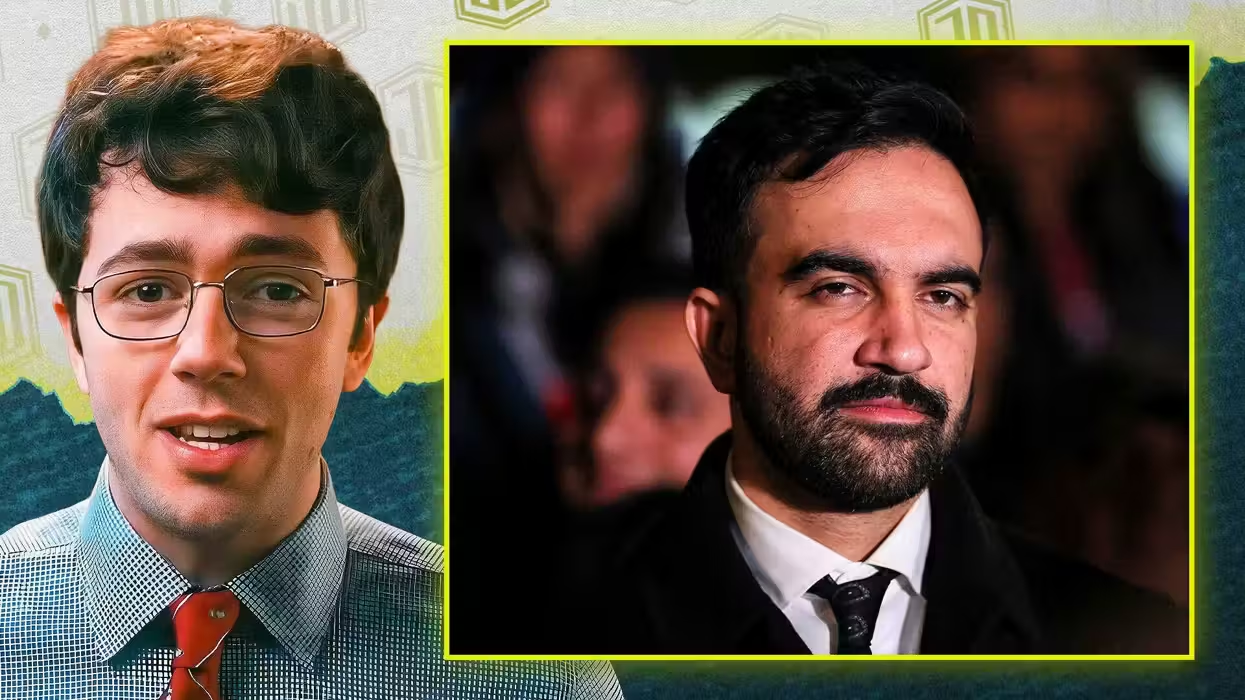
© 2025 Blaze Media LLC. All rights reserved.
Name a scientist. Odds are you probably said Einstein . . . or "I don't know." At least that's what a recent survey is touting according to the New York Times. That 47 percent of Americans surveyed said the long dead physicist and 23 percent couldn't even come up with an answer. The survey also found that only 4 percent could name a living scientist.

The New York Times uses these statistics to launch into an article about several groups working to get scientists out from behind the bench and into the political boardroom.
Now several groups are trying to change that. They want to encourage scientists and engineers to speak out in public debates and even run for public office. When it comes to global warming and a host of other technical issues, “there is a disconnect between what science says and how people perceive what science says,” said Barbara A. Schaal, a biologist and vice president of the National Academy of Sciences. “We need to interact with the public for our good and the public good.”
According to a Congressional Research Service Report for Congress in 2008, in an international assessment of 15-year old students, the United States ranked 24th in science literacy. It also reported that compared to all other nations, the United States ranks 20th of 24-year-olds earning degrees in science or engineering.
As we all know, America needs to step it up in science and technology education to remain competitive in the global economy. Let's start here: see how you rank in naming scientists of our era? Take the New York
Times multiple choice quiz. I have an undergrad in science and I only got six out of 10 right.
Note: The New York Times does not specifically reference who conducted the study or when. Under further investigation, Virology Blog points to it in a 2009 USA Today Snapshot and writes it was conducted by L'Oreal. I couldn't find the original survey data, and neither could another blogger of Mormon Metaphysics searching for more information after seeing the New York Times reference. The New York Times hints in its article that they couldn't find the original research either (". . . these may not have been statistically rigorous exercises. . . ").
Want to leave a tip?
We answer to you. Help keep our content free of advertisers and big tech censorship by leaving a tip today.
Want to join the conversation?
Already a subscriber?
more stories
Sign up for the Blaze newsletter
By signing up, you agree to our Privacy Policy and Terms of Use, and agree to receive content that may sometimes include advertisements. You may opt out at any time.
Related Content
© 2025 Blaze Media LLC. All rights reserved.
Get the stories that matter most delivered directly to your inbox.
By signing up, you agree to our Privacy Policy and Terms of Use, and agree to receive content that may sometimes include advertisements. You may opt out at any time.






